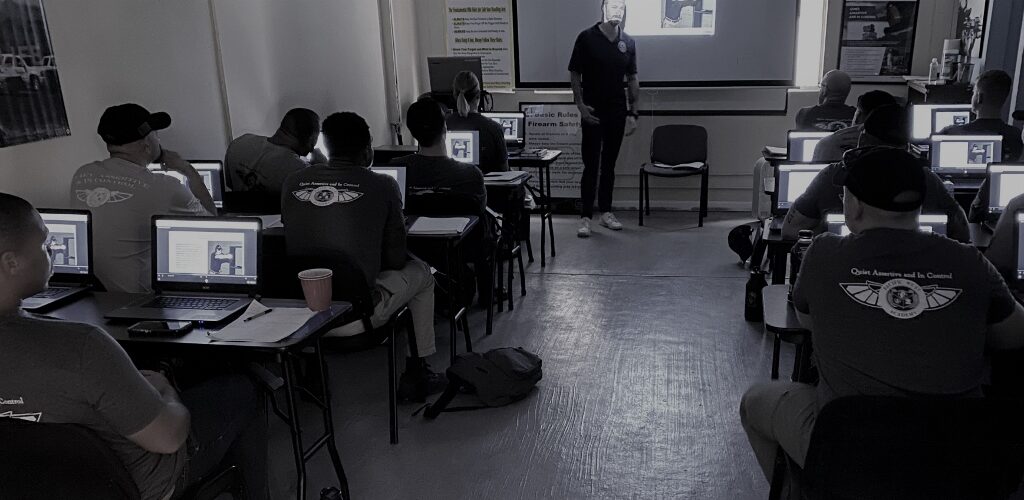In an ever-evolving landscape where personal safety and corporate security are paramount, the demand for skilled professionals in executive protection continues to rise. For individuals aiming to carve a niche in this dynamic field, the journey begins with the right training.
But what does it mean to find the est executive protection training? Is it merely about reputation, or does it delve deeper into the specifics of course content, teaching methodologies, and real-world application? As you embark on this critical decision-making process, it’s essential to weigh various factors—such as the expertise of trainers, the breadth of practical experience offered, and even the values instilled throughout the training program. By understanding these elements, you can better align your education with your career goals, ensuring that you not only acquire the skills necessary to excel but also build a foundation for a successful and fulfilling career in executive protection.
Defining Your Career Goals in Executive Protection

Defining your career goals in executive protection is a critical first step that can set the trajectory for your professional development in this dynamic field. Are you drawn to working with high-profile individuals, celebrities, or corporate executives? Understanding the specific niches within executive protection can help you tailor your training to meet these aspirations.
Consider whether you prefer a fast-paced environment that demands quick decision-making or a more strategic role focused on risk assessment and planning. Additionally, think about the skills you want to develop—do you aim for physical defense techniques, crisis management, or perhaps the subtler art of monitoring and surveillance? By articulating your ambitions and preferences, you will create a blueprint that not only guides your training choices but also aligns with the unique demands of the executive protection landscape, ultimately paving the way for a successful and fulfilling career.
Assessing Instructor Experience and Qualifications

When evaluating potential executive protection training programs, it is essential to scrutinize the experience and qualifications of the instructors. Look for trainers who possess a wealth of real-world experience, often gained through careers in law enforcement, military service, or corporate security.
They should not only hold relevant certifications but also demonstrate a track record of successfully handling complex security scenarios. Furthermore, consider their teaching methodologies—do they engage students with hands-on exercises and real-life case studies that bring theory to life? A well-rounded instructor will be able to bridge the gap between textbook knowledge and practical application, fostering a learning environment that prioritizes critical thinking and adaptability.
Ultimately, the depth of an instructors experience can greatly influence the quality of your training and your preparedness for a career in executive protection.
Preparing for Your Career: Additional Resources and Support

As you embark on your journey in the executive protection field, leveraging additional resources and support can significantly enhance your training experience and career trajectory. Seek out mentorship opportunities within the industry; connecting with seasoned professionals can provide invaluable insights into real-world application and networking strategies.
Furthermore, consider joining online forums and professional groups related to executive protection, where you can exchange knowledge, ask questions, and stay updated on the latest trends and technologies. Utilize educational platforms that offer specialized courses or certifications tailored to specific aspects of executive protection, such as threat assessment or crisis management.
Engaging with these resources not only broadens your skill set but also cultivates a sense of community, empowering you to navigate challenges and seize opportunities in this dynamic field. Remember, each step you take now lays a solid foundation for a successful future in executive protection.
Conclusion
In conclusion, selecting the best executive protection training is a vital step toward achieving your career goals in the security industry. It requires a thoughtful assessment of your personal aspirations, professional requirements, and the specific skills you aim to develop.
By exploring various training programs, including comprehensive bodyguard courses, you can ensure that you acquire the necessary knowledge and practical experience to excel in high-pressure environments. Ultimately, investing in the right training not only enhances your capabilities as a protector but also positions you as a sought-after professional in the competitive landscape of executive security.


